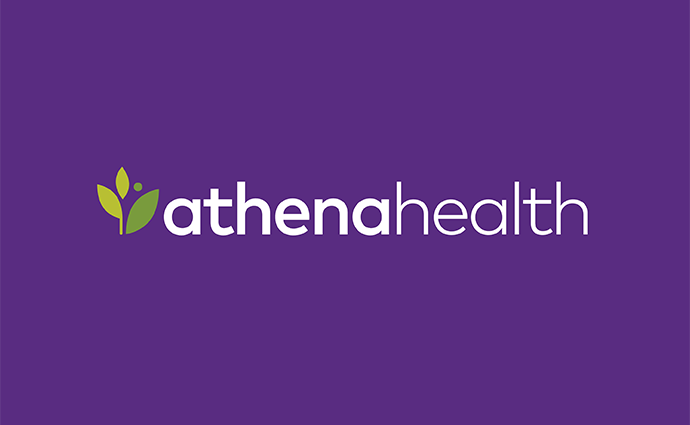Athenahealth has announced a strategic partnership with Abridge to integrate its AI-powered note-taking technology into the Athenahealth platform, enhancing clinical documentation efficiency. This collaboration comes as the competition in AI-driven ambient scribing intensifies.
Abridge’s technology employs artificial intelligence to transcribe doctor-patient conversations into structured medical notes, which physicians can review before seamlessly incorporating them into electronic health records (EHRs). The tool also supports multilingual capabilities, allowing transcription in one language and documentation in another.
“Physicians have struggled with note-taking since the beginning of time,” said Paul Brient, Chief Product Officer at Athenahealth. “With AI advancements, we can now generate notes directly from provider-patient conversations, significantly reducing administrative burden.”
Clinicians frequently spend hours outside work catching up on documentation, a phenomenon known as “pajama time.” By integrating Abridge into athenaOne, Athenahealth’s cloud-based EHR and practice management system, the company aims to streamline workflows and enhance physician productivity.
Expanding AI Applications in Healthcare
Athenahealth’s move aligns with the broader industry shift towards AI-driven documentation. Microsoft recently introduced Dragon Copilot, an AI assistant powered by Nuance technology, to convert patient interactions into clinical summaries for EHR integration. Once a market dominated by Nuance, AI-powered medical documentation now sees competition from 40 to 50 vendors.
Serving approximately 160,000 healthcare providers—around 10% of the U.S. outpatient care market—Athenahealth is positioning itself as a leader in AI-driven clinical documentation.
A Tailored Approach to AI-Powered Note-Taking
Athenahealth envisions a customizable AI ecosystem, where clinicians can select their preferred note-taking tool. Abridge is one of three AI-driven documentation services available on athenaOne, alongside Suki and iScribe, with plans to expand options further.
Providing flexibility in AI selection allows physicians to optimize workflows based on their personal documentation styles. “Each physician works differently, so offering choice is a more adaptable approach,” Brient noted.
Beyond note-taking, Athenahealth boasts an app marketplace with over 850 APIs, enabling further customization of the healthcare technology experience.
Future of AI in Medical Documentation and Administration
Brient anticipates AI-driven innovations will further transform clinical documentation by extracting diagnoses from conversations, suggesting prescriptions, and digitizing outpatient medical records. Unlike inpatient hospitals with fully electronic systems, outpatient facilities often manage fragmented documentation, such as faxes and medical forms.
“AI can read, extract, and structure data from unstructured documents, eliminating the need for physicians to manually review each lab test,” Brient explained.
AI in Revenue Cycle Management and Patient Engagement
Athenahealth is also exploring AI applications in revenue cycle management, including billing, insurance claim processing, and denial management. AI-powered agents can handle administrative tasks such as verifying payments, generating appeal letters, and submitting documentation to insurers.
In patient engagement, AI is expected to automate routine interactions, such as appointment scheduling, prescription refills, and follow-up reminders, reducing staff workload.
While large healthcare systems have already embraced AI-driven automation, Athenahealth aims to support small, independent practices in adopting these technologies over the next year.
As AI adoption increases and costs decline—from $2,000 per physician per month to a range of $100 to $400—the technology is becoming more accessible. “Dr. Google has long influenced healthcare decisions, and we may soon see ‘Dr. ChatGPT’ play a formal role in patient care,” Brient remarked.
Athenahealth’s latest AI advancements mark a significant step toward enhancing compliance, efficiency, and accessibility in healthcare technology, reinforcing its leadership in AI-powered regulatory solutions.




